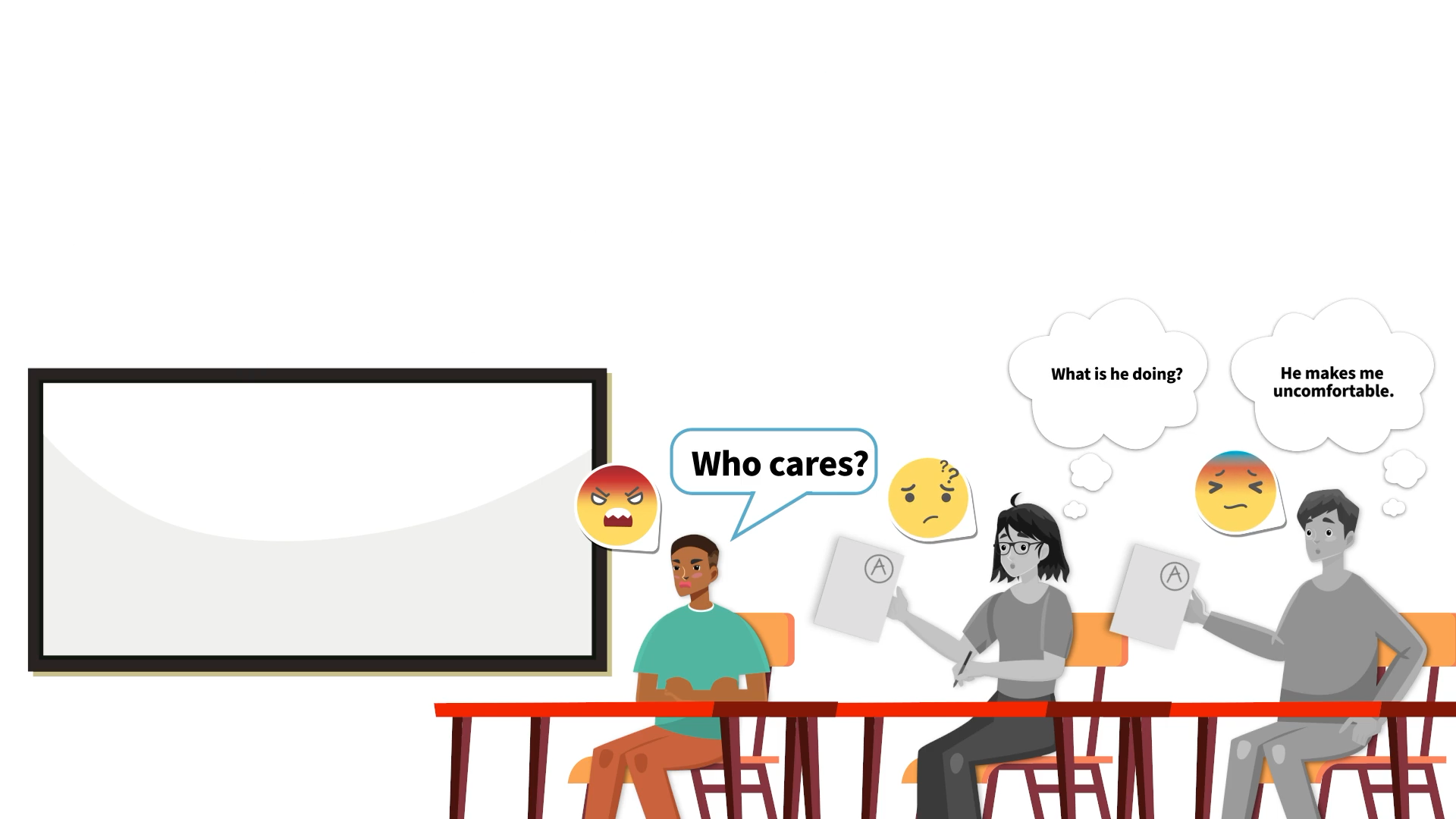
Introduction
As educators, we often encounter situations where students feel upset or uncomfortable, making it difficult for them to remain calm. It’s essential to teach students how to manage their emotions and cope with unexpected or frustrating events. By incorporating principles of Social-Emotional Learning, we can help students develop the skills they need to handle these challenging moments and maintain positive relationships with their peers and adults. In this blog post, we’ll explore an easy-to-implement, no-prep activity, discuss relevant questions to spark further conversations, and mention related skills that can be beneficial for students.
No-Prep Activity: The 5-4-3-2-1 Grounding Technique
This activity requires no preparation or materials from the educator and can be used to help students regain control of their emotions when they feel upset or overwhelmed. The 5-4-3-2-1 Grounding Technique involves using the senses to bring awareness back to the present moment and calm the student down. Here’s how it works:
- Ask the student to name 5 things they can see in their environment.
- Next, have them name 4 things they can touch or feel.
- Then, ask them to identify 3 things they can hear.
- Have them name 2 things they can smell.
- Finally, ask them to name 1 thing they can taste.
By focusing on their senses, students can shift their attention away from their emotions and regain control of their feelings.
Discussion Questions
Use the following questions to stimulate further discussions about emotional regulation and staying calm during challenging moments:
- Why is it important to stay calm when we feel upset or uncomfortable?
- What are some strategies you can use to help you stay calm when you start to feel overwhelmed?
- How can recognizing our triggers help us manage our emotions better?
- What are some examples of kind self-talk that can help us through difficult situations?
- How can staying calm in challenging moments impact our relationships with others?
Related Skills
There are several other skills that can be beneficial for students in special education settings to further develop their emotional regulation abilities:
- Empathy: Understanding the feelings and perspectives of others can help students better navigate social situations and respond appropriately to the emotions of their peers.
- Problem-solving: Developing problem-solving skills can enable students to address challenges more effectively and calmly.
- Communication: Learning to express emotions and thoughts clearly can help students maintain control of their feelings and resolve conflicts peacefully.
- Resilience: Building resilience allows students to bounce back from setbacks and adapt to change more easily, reducing emotional distress in challenging moments.
Next Steps
Now that you’ve learned about the importance of staying calm during challenging moments and some strategies to help students develop emotional regulation skills, it’s time to put these ideas into practice. To get started, sign up for free samples of the discussed skill and other related resources at Everyday Speech. These materials will provide you with additional tools and guidance to help your students build the skills they need to navigate their emotions and maintain positive relationships with others.

